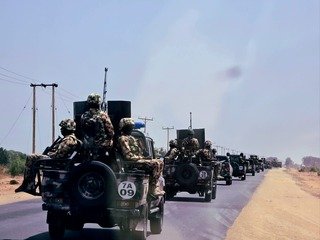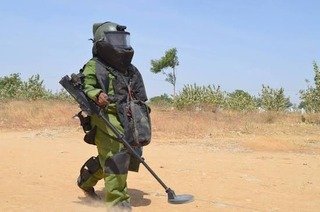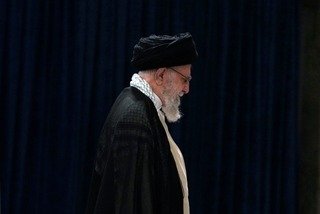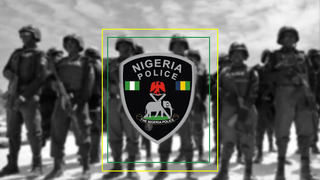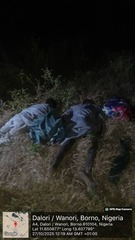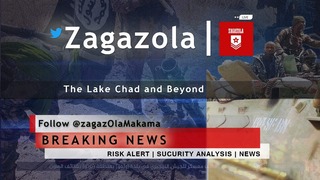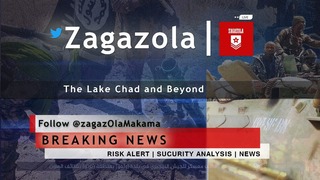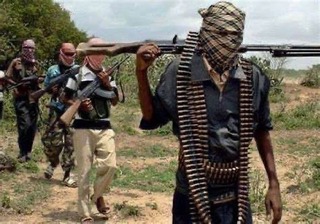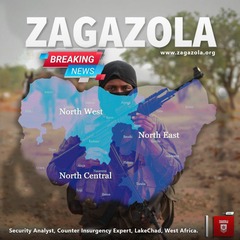A tales of an 11 year old girl who surrendered from Boko Haram enclave with three children- Borno Commissioner
By: Zagazola Makama
At just 11 years old, Fatima (not her real name) has lived through experiences unimaginable to most. With three children in tow, she surrendered from a Boko Haram enclave, carrying the weight of trauma and responsibilities far beyond her years. Her story, shared by Borno State Commissioner for Education, Science, Technology, and Innovation, Lawan Abba Wakilbe, spotlighted the urgent plight of vulnerable children and young mothers emerging from the insurgency.
“She’s just a child herself,” Wakilbe said. “To see an 11-year-old with three children is heartbreaking. This reflects the harsh reality of many girls and women caught in the insurgency, particularly in border communities like Bama, Banki, and Gwoza.”
Fatima’s surrender is part of a growing wave of young girls and women being repatriated or rescued, often from neighboring countries like Cameroon. Many, aged between 13 and 15, return with children born in captivity. With limited options, some resort to prostitution to survive, a crisis that the Commissioner attributes to extreme poverty and a lack of viable alternatives.
The Commissioner’s call to action underscores the need for urgent intervention. “Poverty is the driving force behind these vices,” he explained. “We need to establish Technical and Vocational Education and Training (TVET) centers in vulnerable areas. These centers can provide skills and startup packs for young mothers like Fatima, enabling them to rebuild their lives.”
Wakilbe stressed that traditional education systems are ill suited to address the unique needs of conflict affected children and girls. Many have witnessed violence, displacement, and abduction, leaving them in need of tailored rehabilitation and reintegration programs.
Efforts to integrate these children into regular schools have faced significant challenges. Wakilbe cited the example of some Chibok girls who struggled in secondary schools and were eventually transferred to specialized programs like the Second Chance School.
“Without long term planning, we’re failing these children,” Wakilbe said. “Donor agencies often miss the mark, implementing programs that don’t address immediate needs. For instance, teaching local languages in areas dominated by other dialects is less impactful than providing a foundational education in English.”
Despite graduating over 300 women through the Second Chance Program and equipping them with vocational skills, the challenges persist. Underage mothers like Fatima remain some of the most vulnerable.
During a courtesy visit by Hajiya Hamsatu Allamin, CEO of the Allamin Foundation for Peace, the Commissioner highlighted the need for collaborative efforts.
Allamin echoed these concerns, sharing insights from her foundation’s work in deradicalizing women and girls.
“Our initiatives, supported by the military and local communities, have helped hundreds of women and girls surrender and reintegrate,” Allamin said. “But the magnitude of the problem requires sustainable, proactive solutions.”
Allamin noted that the challenge extends beyond personal experiences; it calls for urgent action from local authorities, NGOs, and international organizations.
“In our foundation, we have Built vocational education centers and providing tailored programs for rehabilitation which has been helping in addressing the immediate needs of these victims.
“We also Established community awareness programs which foster understanding and acceptance, helping to mitigate the stigma faced by those returning from captivity.
Zagazola Makama understands that the plight of women and girls who fall victim to abduction by Boko Haram presents an alarming reality in Borno State, Nigeria. Many of these victims, after enduring harrowing experiences, return to their communities only to face severe stigmatization and an array of abuses. This issue is compounded by the trauma they have experienced during their captivity, which often includes being forcibly married to militants and bearing children under traumatic circumstances.
Upon returning to their communities, these victims encounter immense societal rejection. A former female member of Boko Haram, who chose to repent and return to her family, poignantly described the painful atmosphere awaiting those who escape the clutches of the insurgency.
She noted, “The Boko Haram tagged Nigeria as the land of sinners. When they come back from the bush, they know they are already living in hell.” This metaphor encapsulates the emotional and social turmoil that victims like her face. Rather than finding solace and support upon their return, many feel further isolated and condemned by their communities.
The stigma attached to being a victim of insurgency extends beyond mere judgment. Victims often experience verbal, physical, and psychological abuse from individuals who view them as tainted or unclean due to their experiences. Such treatment fosters an environment of despair, compelling many to engage in desperate measures to survive.
Prostitution and other nefarious activities have become common among these women, driven by a need for financial stability and, in some cases, by the misguided belief that engaging in these activities may offer them an escape from their grim realities.
The cycles of poverty and violence exacerbate these challenges. Economic hardships and limited access to education and employment opportunities leave few alternatives for victims, perpetuating a cycle of vulnerability. While some women resort to these activities as a means of survival, others may find temporary pleasure or a sense of agency in reclaiming control over their lives, despite the risks involved.
Furthermore, the broader societal neglect exacerbates the situation. Many young mothers remain trapped in a system that fails to recognize their unique needs. Efforts to rehabilitate and reintegrate these individuals often lack the necessary resources and long-term planning to be effective. For instance, initiatives focusing solely on education without addressing immediate economic needs fall short of providing the comprehensive support required for successful reintegration.
Zagazola Makama is a Counter Insurgency Expert and Security Analyst in the Lake Chad Region



